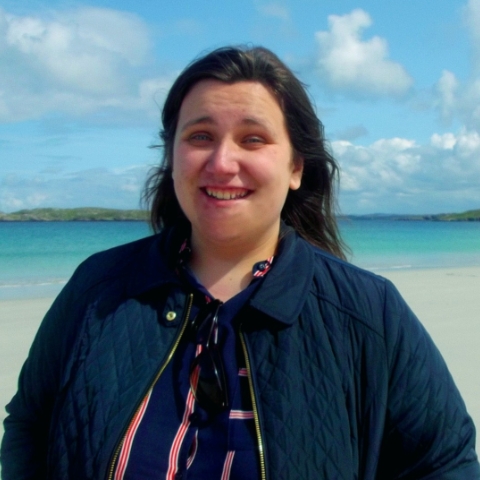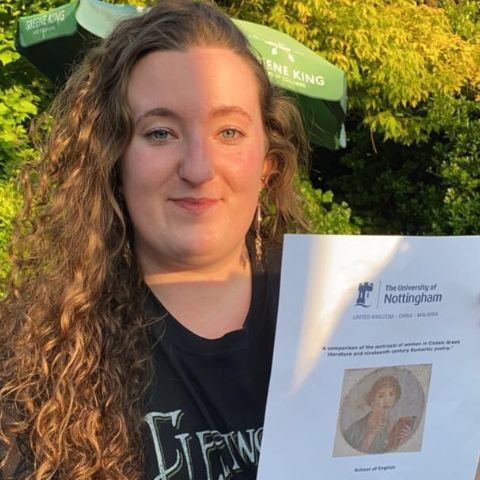Pride Month is a great time to celebrate the triumphs achieved by the LGBTQ+ community – but as well as getting stuck into the revelry and rainbow flags, it’s important to acknowledge the steps we still need to take. When so much of our young lives are spent in classrooms (virtual or otherwise), it’s important to feel represented and included. Therefore, there’s a responsibility for teachers, tutors and mentors to actively help foster these types of environments. Off the back of an article written by one of our brilliant tutors earlier this year, we decided to ask more of you how you create an inclusive classroom…
Lauren, Classical Music tutor


Ims, English tutor


This is why the opportunities presented by English Language are so precious. We’re able to share a huge range of stories and perspectives, as long as we stick within the question structures and cover all the skills needed – analysing news articles about LGBTQ+ progress and outstanding achievement in the community, creative writing discussing LGBTQ+ issues, and delving into the beautiful writing of LGBTQ+ authors and dissecting them to see what’s at play technically. If it’s got words, it’s useful to analyse and practice our GCSE skills on – so why not make it a story not told so often?”
Dale, History tutor
“Tutoring humanities subjects always provides an opportunity to diversify our content. Including the lives of LGBT+ people is essential to creating an accurate picture of the past. Establishing how gender has been created over time allows students to question where our society has come from and where it can go. Yet shoe-horning in topics isn’t always possible and inclusion has to come in a way that is relevant. An intersectional approach to history provides a much more developed worldview for students. One cannot talk about gender or sexuality and ignore race or class. Every facet of human identity comes from somewhere and by including these in history lessons we allow students to fully comprehend their world.”
Grace, English tutor
“Students will get the best out of their learning if they are in an

To find more tips from your fellow tutors about this (or anything!), head over to our Facebook Forum!


